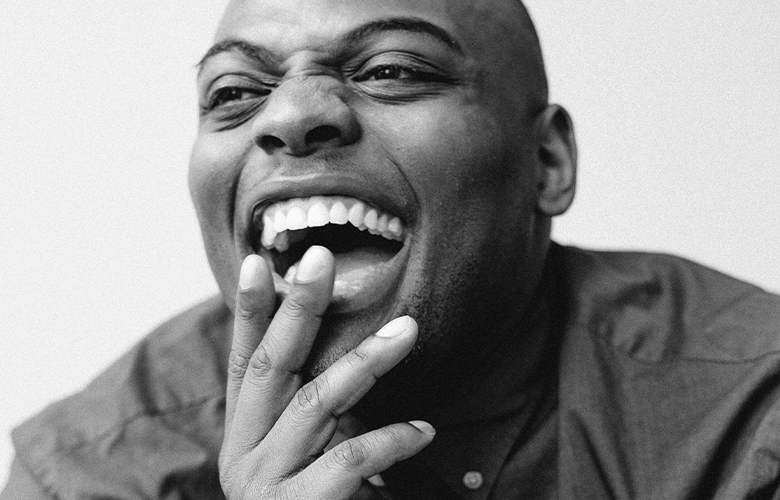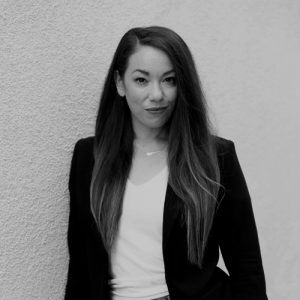
Unless you’ve been living under a rock for the past few years, you know that somewhere between #MeToo, the 2016-2020 sociopolitical climate, and the Chappelle specials on Netflix, a new term has joined the ranks of hashtag idioms that have permeated our collective consciousness: “cancel culture”.
According to a recent Pew Research study, as many as 49% of Americans define the term as one which describes holding others accountable for their actions. Most people, myself included, would agree that accountability – a willingness to accept responsibility or to account for one’s actions – is a value of critical importance in society both from our leaders as well as in daily life with friends, family, bosses, co-workers, etc. However, that same Pew study also found that 38% of people say posting online is more likely to punish someone who doesn’t deserve it.
In our social media world where the lines between news and entertainment have been blurred, information (trustworthy or otherwise) travels indiscriminately at the speed of light. Many people will post things online they would never say to someone face to face. But when every post, comment, photo, and keystroke lives on forever (even after one’s views and opinions may have changed), it begs the question, where do we draw the line? Have we gone too far? As the executive producer of a TV series-turned-live-production, here’s why I think it’s time to take a look at what “cancel culture” is doing to stand up comedy.
When the term “cancel culture” burst onto the entertainment scene, it began as a way to speak truth to power and hold celebrities and others in positions of prominence accountable for their serious violations. For Matt Lauer, Harvey Weinstein and Bill Cosby the public verdict was swift and delivered well before they ever saw a courtroom: cancelled. It was the collective saying together, just because you are rich and famous doesn’t mean you can get away with serious offenses and you can’t buy your way out now that you’ve been caught.
As quickly as “cancel culture” came to be, it just as soon began to evolve and mutate beyond calling out those who took criminal actions, into canceling people with whom we may simply disagree. Our justice system is founded on a defendant’s presumption of innocence, and while many would agree that the system often falls short of that ideal, in the court of public opinion, a sentence of “canceled” can be just as devastating as a verdict of guilty and far less scrupulous than a legal proceeding. The internet becomes a person’s judge, jury, and executioner. Moreover, it can all go down in a matter of a few hours to a few days and be based on something that may have been said or done years ago, or in the case of a comic, it may have quite literally been a joke.
The real missing piece in our culture right now isn’t merely the ability to hold prominent people accountable, it’s the ability to disagree with one another effectively. There’s a difference between being offended and being targeted, and there’s a difference between telling a joke and taking action. But when “cancel culture” plays out, it does both: it targets the person or cause in question and publicly rallies others to take action against them.
If you couldn’t tell by now, we don’t support “cancel culture” or censorship as it pertains to producing Laugh After Dark, mostly because we don’t feel that we need to. We see our comedians’ sets as their unique perspective based on their lived experiences. Will their experiences and perspectives take us outside of our comfort zone? Probably. But at the end of the day, the greatest thing about standup is that it’s not a comic’s ability to make people comfortable or get people to agree with them that matters, it’s their ability to make us laugh. Standup is a self-policing branch of entertainment in that way. If a comedian is funny, people laugh. If they’re not funny, they won’t get laughs. The best comics can take controversial material and work it in a way that brings people in and makes them let their guard down. But of course not all comics can be the best of the best and canceling comedians because you dislike or disagree with their set has no place in standup because no one has the corner on being right. What happens on the stage and how a comic makes the audience feel in the room will ultimately determine their success.
Daniel Radcliffe Playing ‘Weird Al’ Yankovic In Biopic
“Hole in Space” – When Performance First Entered the Digital Realm


Kelsey Borlan Lee is a brand strategist, producer, and director with nearly 20 years of experience behind the camera as a photographer and later cinematographer. As a branding and visual communication expert, Kelsey has helped develop such brands as Living with Leah of ABC’s "The FAB Life" with Tyra Banks, Chrissy Teigen and Joe Zee, and partnered with The Annenberg Space for Photography to commemorate the opening of Lauren Greenfield’s acclaimed exhibit, "Generation Wealth". Kelsey has also collaborated and created content for brands such as Netflix, Fuse, The Olympics, Visa, Mastercard, Green Dot Bank, Darling Magazine, Giving Keys, and more.
Read Full Profile© 2021 TheatreArtLife. All rights reserved.

Thank you so much for reading, but you have now reached your free article limit for this month.
Our contributors are currently writing more articles for you to enjoy.
To keep reading, all you have to do is become a subscriber and then you can read unlimited articles anytime.
Your investment will help us continue to ignite connections across the globe in live entertainment and build this community for industry professionals.